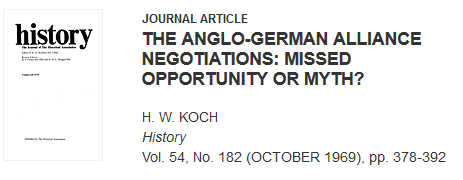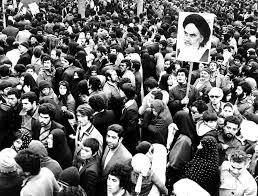We discussed this question on the first day of my "Quantitative Security" graduate course.
[THREAD]
books.google.com/books?id=o0iOO…
Many of the points they raise are found in other work (that, in turn, cites them), such as...
journals.sagepub.com/doi/abs/10.117…
issforum.org/forums/2-what-…
To me, these are separable issues.
But statistical methods presume that there is merit in looking for patterns in a large number of cases.
Is that the case?

Well, I flipped the question on the students: suppose you just want to study a single case?
cornellpress.cornell.edu/book/978150174…

How did I know that?
(a) especially when you go further back in time, you really don't know what you're missing.
(b) historians are often implicit about this wider universe: they had a reason for choosing one case over others
In other words, it was an "important case" (or as many historians have called it, a great "missed opportunity")
jstor.org/stable/2440710…

A second big reason is more fundamental to international relations as a discipline.
[NOTE: set aside concerns that we're only explaining Russia for a moment 👇]

Of course, this presumes that the data used to construct those patterns is accurate and properly formatted, which is a whole other issue 👇
1) See the "universe of cases"
2) See patterns that support/rebut IR theories
[END]













